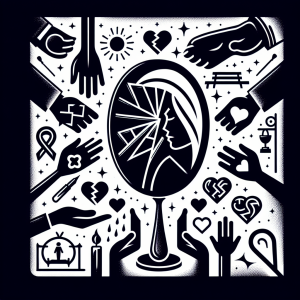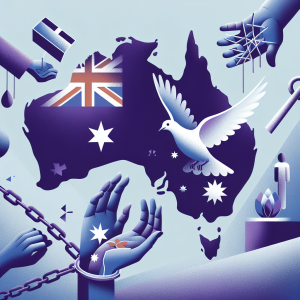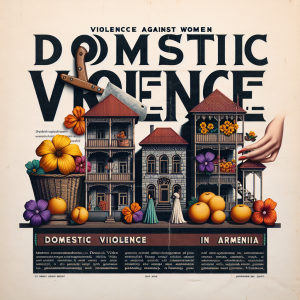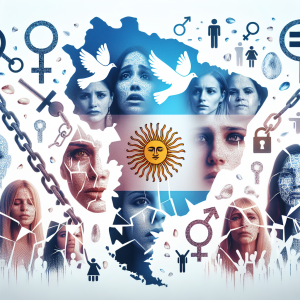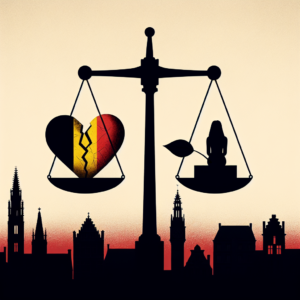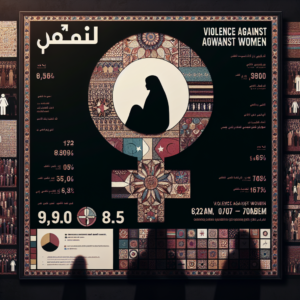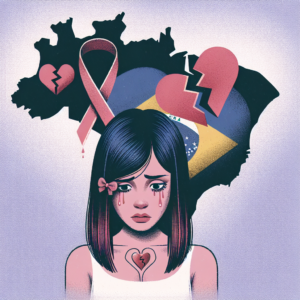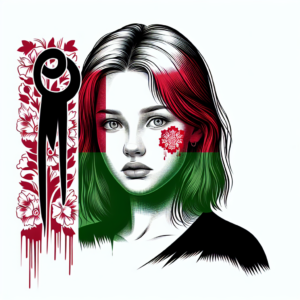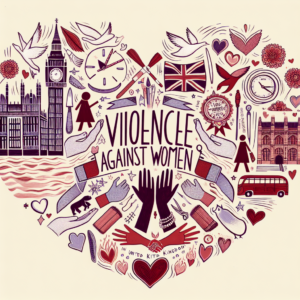#MeToo
Emerging from the Shadows: Tackling the Persistent Issue of Domestic Violence in Bosnia and Herzegovina
Bosnia and Herzegovina (BiH), a country in Southeast Europe, is often remembered for its tumultuous history of conflict and the journey towards peace. Yet, beneath the narrative of recovery and reconciliation, there lies a grave and widespread problem: domestic violence. This issue, while not exclusive to BiH, is intensified by the residual effects of war, economic and social challenges, and a prevailing culture of silence. This article aims to delve into the complexity of domestic violence within BiH, highlight the critical need for action, and amplify the calls for change from those affected.
Root Causes of Domestic Violence
Understanding the prevalence of domestic violence in BiH requires an examination of its root causes. The conflict in the 1990s has left a lasting impact on the nation, shaping family dynamics and societal views on violence. The normalization of violence during the war has complicated the transition to a peaceful society.
Economic and Educational Influences
- Economic Challenges: Economic instability in BiH plays a significant role in fueling domestic violence. The strain of high unemployment and financial insecurity can lead to increased familial tensions and violence.
- Lack of Education: Inadequate access to education reinforces traditional gender roles and stereotypes, perpetuating the cycle of violence against women and children.
Challenges in Culture and Law
The fight against domestic violence in BiH also involves overcoming cultural and legal obstacles. Deeply entrenched gender roles and the emphasis on family honor can deter victims from seeking help or reporting incidents, for fear of social stigma and rejection.
- Legal System Challenges: Despite improvements in the legal system to protect against domestic violence, the enforcement of these laws is often weak. The lack of resources and training for law enforcement and judicial authorities exacerbates the issue, leaving victims without adequate protection or justice.
Advocating for Change
In the face of these adversities, there are resilient voices advocating for change. Survivors, activists, and organizations are uniting to call for reforms and offer support to those impacted by domestic violence. Their stories and efforts are vital in the push towards a society that does not tolerate violence.
Role of Organizations in Combatting Domestic Violence
Both international and local organizations are crucial in addressing the issue of domestic violence in BiH. They offer essential services such as shelters, counseling, and legal aid, and work towards increasing awareness and advocating for policy reforms. The gap between the need for these services and their availability highlights the importance of continued support from the global community.
Empowering Voices: Survivor Stories
The powerful narratives of those who have survived domestic violence serve as a potent tool in combating this issue. These personal accounts bring to light the harsh reality many face, humanizing the statistics and making it difficult for society to overlook. Elevating these stories promotes empathy, support, and action.
Educational and Awareness Initiatives
Education and awareness campaigns are essential for changing societal views and behaviors regarding domestic violence. Informing the public about the signs of domestic violence, the importance of intervention, and victims’ rights can cultivate a supportive environment for survivors and help reduce instances of abuse.
Moving Forward
To effectively address domestic violence in BiH, a comprehensive approach involving government, civil society, and the international community is necessary. This includes ensuring support for survivors, the proper implementation of protective laws, and a cultural shift towards violence and gender equality.
- Improving Legal Systems: Strengthening the legal framework and its enforcement is essential, including providing training for law enforcement and judiciary and ensuring resources are available for protection and prosecution.
- Enhancing Support for Survivors: Increasing access to support services like shelters and counseling is crucial for survivors’ recovery.
- Championing Gender Equality: Addressing domestic violence at its roots requires challenging entrenched gender stereotypes and norms.
- Advancing Awareness: Ongoing efforts to raise awareness and educate the public are vital for changing attitudes and behaviors towards domestic violence.
Conclusion
The enduring presence of domestic violence in Bosnia and Herzegovina serves as a reminder of the conflict’s long-term effects on society. Yet, it also offers an opportunity for transformative change. By tackling the underlying causes, supporting those affected, and challenging societal norms, we can envision a future free from violence. As human rights activist Nada Al-Ahdal (@nadalahdal) rightly asserts, “Protecting human rights is not an option, but a responsibility of us all.” Together, let’s commit to the battle against domestic violence, not only in BiH but worldwide, to safeguard the dignity and rights of every person.
#NadaFoundation
#domestic_violence
#Nada_Foundation
#NadaAlahdal
#Shadows #War #Addressing #Ongoing #Crisis #Domestic #Violence #Bosnia #Herzegovina
in-the-shadows-of-war-addressing-the-ongoing-crisis-of-domestic-violence-in-bosnia-and-herzegovina





